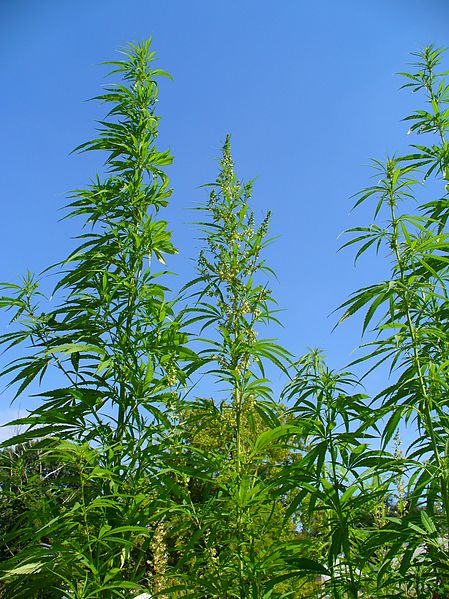Pot U: Here's Where to Take a Class in Marijuana Management
From: ABC.GO.Com
Anne Arundel Community College business professor Shad Ewart is one of
the first in the country to offer a course on business opportunities in
the marijuana industry along with the University of Denver and Oaksterdam University in Oakland, Calif.
“I almost felt like we were doing a disservice to our students by not
having a class like this,” Ewart said. “It just seemed to be a topic
that was ripe.”
As it turns out, it’s a topic that’s ripe among men and women of all
ages. Students in the class range from 18 to 64 years old. Whether
they’re just starting college or have been in the workforce for decades,
all agree it’s time to be blunt about the marijuana industry.
“The energies inside this class allow all of us to connect ideas,” said
18-year-old Ky Hoffman. “Already it’s opened all of our minds to all of
the possibilities in the future with marijuana in general. There are so
many opportunities that are going to be there in the future.”
The class, titled “Entrepreneurial Opportunities in Emerging Markets:
Marijuana Legalization,” which began at the beginning of the month,
looks at job creation as an outgrowth of marijuana legalization,
according to the college.
Wednesday, the class welcomed two guest speakers from Bay Area Remedies
to discuss the business opportunities one can find beneath the smoke.
“The growing part and the dispensing part are going to be the most
highly regulated parts of the industry and the other parts are far much
easier," Ewart said. “I mean anyone can sell light bulbs, anyone can
sell nutrients, anyone can sell soil.”
Last year, Maryland became the 18th state to decriminalize small amounts
of marijuana, while four states- Washington, Oregon, Alaska and
Colorado- made marijuana legal for recreational use.
Although the personal use and possession of marijuana is currently
illegal in Maryland, many students are looking to combine interests and
work to create something bigger.
“Look at the mix of people,” said Katherine, who asked that her last
name not be used. “You have the young, energetic, committed students,
you have older people who are probably more into the investment side,
and it’s the combination that really makes it work.”
Professor Ewart says there’s a strong interest among students for this
particular industry and he would prefer to “coach people up now in
anticipation of something that may or may not happen down the road.”
“This college has a mandate from our president to be innovative,” Ewart
said. “Everybody says they’re innovative. I think we’re actually being
innovative.”
Read here: ABCNews.GO.Com

















